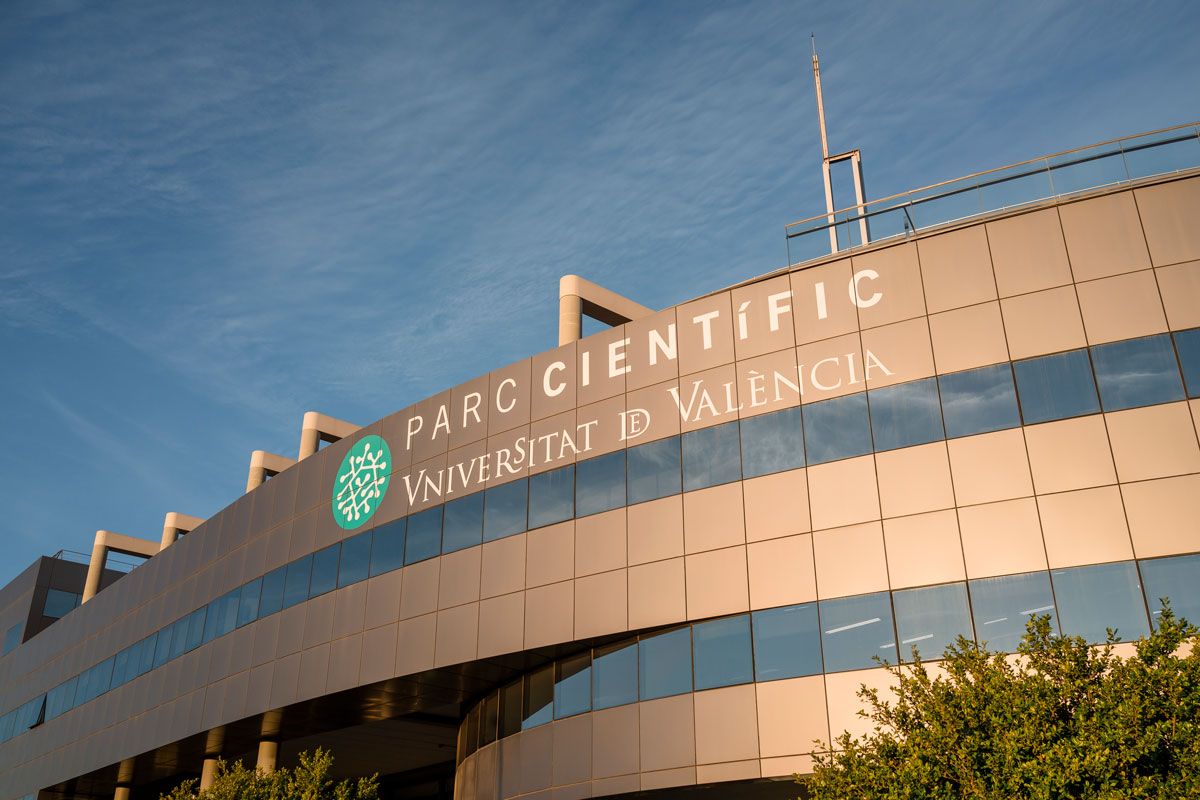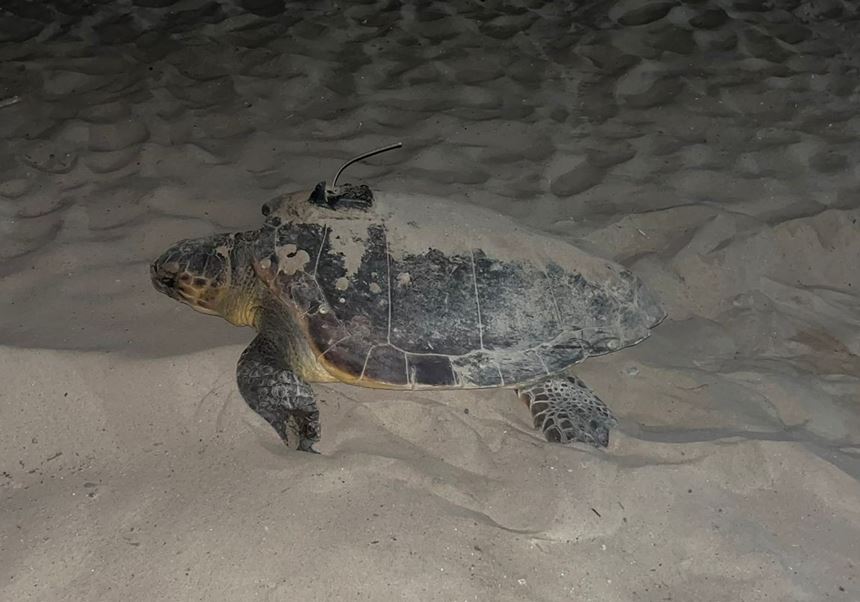The challenge of leading a company based on knowledge
- Mètode
- October 3rd, 2019

The Universitat de València Science Park was born on 2009 with the aim of impulse the transfer of knowledge. Marisol Quintero, CEO of Bioncotech, writes about this place.
The task of developing a medicine for human use is one of the most complex that exist. It is a highly innovative sector subject to very strict regulatory criteria and with very long development times, to which enormously high levels of R+D investment must be added. All this must be financed without generating income, which makes this business model a high risk bet.
From the beginning, many of us entrepreneurs approach business development with a very naive style. As companies consolidate and require greater resources, entrepreneurs must evolve in parallel, devoting more and more time to management. In my case, my previous career has been key to running an innovative company like Bioncotech. On the one hand, the Doctorate in Life Sciences allows me to understand the scientific basis, as well as to consolidate a network of collaborators within the academic environment that support the efforts of the company. But perhaps the most differential is my knowledge of intellectual property, which I obtained thanks to the work I was doing as head of the programme of Technology Transfer at the Botín Foundation and later as director of Innovation at the Spanish National Cancer Research Center. Finally, my MBA training makes it much easier for me to lead an innovative company.
The leadership of a biopharmaceutical company is a constant challenge that must maintain the balance between science and management. In addition to the curiosity to discover the unknown in order to solve an unmet medical need, there is the task of making it possible by identifying, securing and organizing the resources to carry the company forward. Only companies, and therefore entrepreneurs, that adapt to each circumstance manage to survive in time. Our staff fluctuates and we must incorporate different scientific-technical profiles. The areas we require are different; sometimes we rely on existing infrastructures within research centers, and in other cases, we need to have our own laboratories. However, having a flexible infrastructure is key, as is being close to the academy as a source of new knowledge to maintain our competitiveness. Knowledge and talent are not always accessible at a local level, so we must take advantage of the opportunity to work from Spain without ceasing to compete for funding and talent at a global level.
Companies like ours are necessary elements to make the transfer happen. That is why I believe that the academic world also obtains benefit for having us nearby. For theoretical knowledge to become tangible, a business development is needed: research teams do not have to be updated with the rigorous regulations that the company needs to comply with in order to reach the patient. Nevertheless, it is very useful to be able to see up close how this process is achieved in order to participate in similar initiatives in the future. The flow of knowledge is a two-way road, as in the exchange of technical professionals. In this sense, I believe that it is necessary to boost the relationship between academia and corporations in order to speed up the development of new products, so necessary in the oncological environment.
File in: Cultura Científica , Difusió i comunicació científica , Parc Científic , Mètode Science Studies Journal















